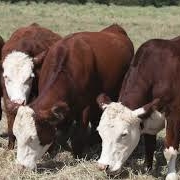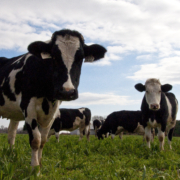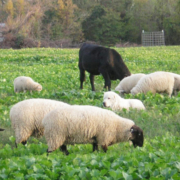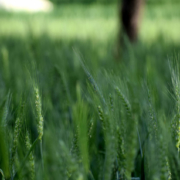Bean Hollow Grassfed Farm: A Soil for Water Case Study
Bean Hollow Grassfed Farm: A Soil for Water Case Study
Michael Sands
Rappahannock County, Virginia
Bean Hollow Grassfed Farm is a multi-generational farm located in the shadow of the Blue Ridge Mountains in Rappahannock County.
A core belief for Michael and Bean Hollow Grassfed Farm is having and encouraging a healthy ecosystem where farm and land management reinforce natural processes because a farm cannot be healthy if the land is sick. Sheep and cattle are their primary livestock, but they also have layers for eggs. Most of their meat sales are sold through their on-farm store.
In this video, Michael shares about his early career as a researcher and educator with the Rodale Institute; describes how the gnawing in his gut led him into farming and the move toward more regenerative practices that strengthen biodiversity, build soil health, and sequester carbon; and explains his family’s efforts to mitigate climate change.
Farming for Mike is about continuous improvement, assessment of finances and hard to measure ecological metrics, and making management decisions that push forward the adoption of regenerative practices, while being mindful of farm transition and conservation planning.
This project material is based upon work that is funded and supported by the National Institute of Food and Agriculture, U.S. Department of Agriculture, under award number 2020-38640-31521 through the Southern Sustainable Agriculture Research and Education (SSARE) program under subaward number LS21-345. USDA is an equal opportunity employer and service provider. Any opinions, findings, conclusions, or recommendations expressed in this publication are those of the author(s) and do not necessarily reflect the view of the U.S. Department of Agriculture.






 NCAT
NCAT


